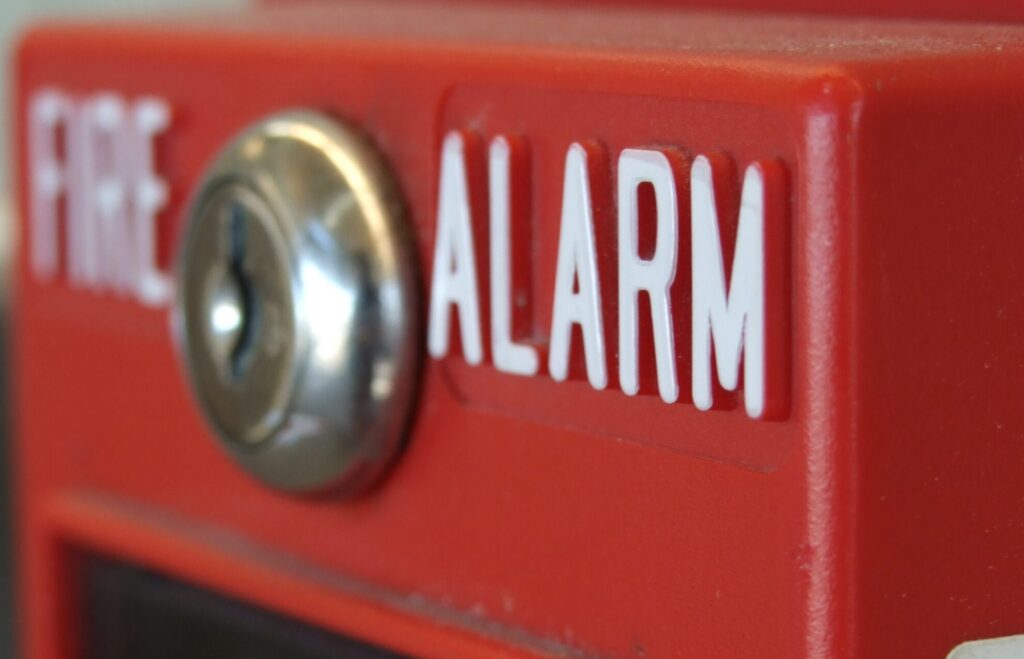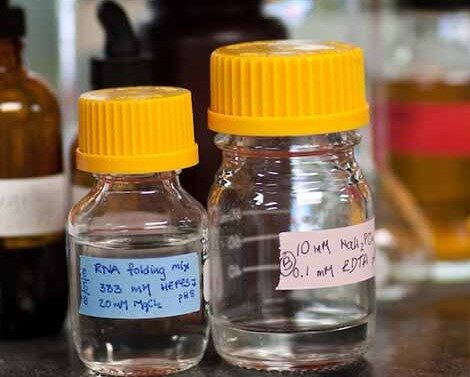Environmental Health and Safety
The Wake Forest University Office of Environmental Health & Safety (EHS) is charged with the oversight of programs designed to protect the campus environment and the health and safety of students, faculty and staff.



Questions?
Need to report an unsafe condition or incident?
Phone: 336.758.EHAS (3427)
Email: wfuehs@wfu.edu
Office Location: The EHS building is in Facilities, Real Estate, and Planning compound on McPherson Road. It is the last building on the left up from Fleet Services, next door to Landscaping.



